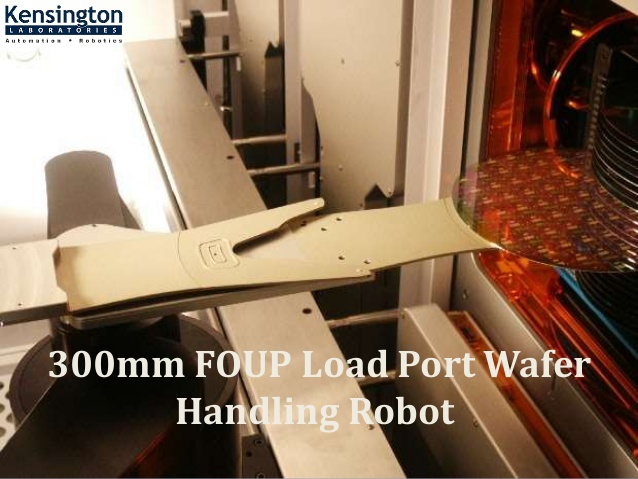Elevating Semiconductor Manufacturing: The Crucial Role of Wafer Handling and Cassette Mapping!
In the complex world of semiconductor manufacturing, control and precision are critical. The uninitiated may frequently overlook two important facets of this industry, but they are vital to the production process: wafer handling and wafer cassette mapping. These unnoticed luminaries operate tenaciously to guarantee that the highest quality standards are fulfilled in the production of every chip. In this post, we will examine the depths of these procedures, as well as their importance, subtleties, and smooth interaction with one another.
Wafer Handling: The Basis
The foundation of semiconductor manufacturing is wafer handling. Wafers are moved, transported, and positioned during different stages of the production process. Cited below are some attributes that highlight its significance:
Immaculate Hygiene
Handling wafers takes place in highly regulated spaces known as cleanrooms. Semiconductor devices can be destroyed by contaminants, even at the microscopic level. Robots and automated systems are the wafer-handling tools that keep these settings immaculately clean.
Accurate Positioning
Micrometers are essential in this domain. Because they are so thin and delicate, wafers need to be handled and placed precisely right. Any alignment error could result in flaws that make the chips useless. It is where sophisticated robotic systems shine, guaranteeing flawless precision.
Quickness and Effectiveness
The semiconductor manufacturing sector operates at a rapid pace. Wafer-handling equipment needs to be effective in order to satisfy demand. Wafers can be quickly transferred between processing stations by these devices, reducing interruptions and boosting output.
The Interaction Between Wafer Cassette Mapping and Wafer Handling: The Symbiosis
In semiconductor manufacturing, what works arises in the synergy between wafer handling and wafer cassette mapping.
Harmonious Coordination
Sensors and identifiers on wafer handling equipment are designed to interface with the wafer cassette mapping system. A real-time digital replica of the production handle is created as wafer data is continually updated in the mapping system during transportation.
Preventing Errors
This integration reduces the likelihood of errors. The mapping system makes certain that the appropriate wafers are delivered to the fair processing facilities. The system can halt production if a problem occurs and keep going until it's fixed, preventing the manufacture of faulty chips.
Optimization Based on Data
This mutually beneficial relationship produces data that is utilized for process optimization. Manufacturers can locate inefficiencies, bottlenecks, and potential improvement areas. Manufacturers of semiconductors can improve their operations through data analysis, producing higher-quality chips and boosting efficiency.
Final Thoughts
Wafer Handling and Wafer Cassette Mapping are unheralded in the intricate world of semiconductor manufacturing, ensuring precision, Effectiveness, and transparency. Together, these two elements enable a smooth, error-free production process. The incorporation of them maximizes the whole manufacturing process in addition to preventing defects. These procedures will stay central to the creation of cutting-edge electronic devices that have grown to be indispensable to our daily existence as long as we keep pushing the limits of technological advances.
After learning more about these crucial procedures, you will recognize the meticulous planning that goes into making sure the equipment we depend on is nothing short of extraordinary.



Comments
Post a Comment